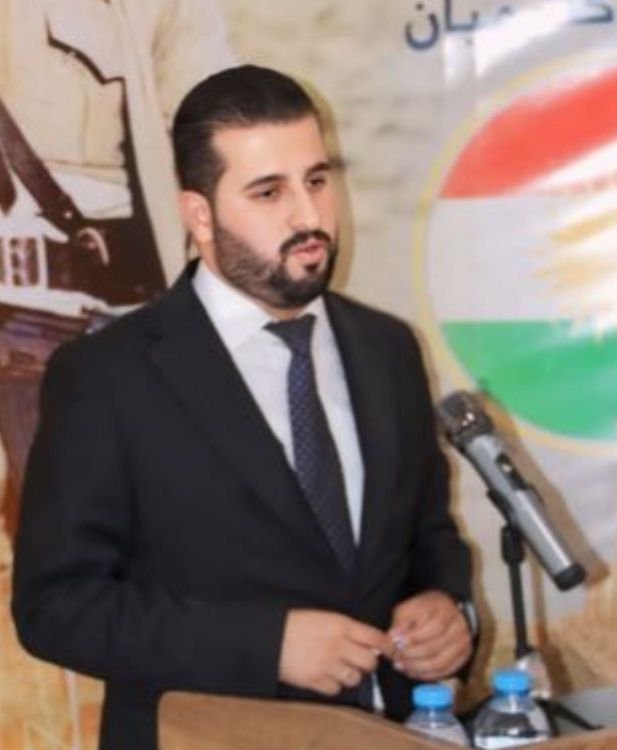By Frsat Said Shkur
Introduction
The recent changes and developments in West Kurdistan have been swift and impactful. They have been significantly influenced by political and military authority in Syria, particularly under Bashar al-Assad’s regime and the leadership of Ahmad Shar, who leads several diverse groups. In this context, most Syrian authorities have been consolidated.
This phase can be viewed as a success for those states that align with these new Syrian power dynamics. Regardless of the circumstances, Kurds must engage wisely, especially in Syria, advocating for rational political strategies and unity. It is not unrealistic to suggest that if we reach this understanding, the Kurdish situation in Syria could improve; thus, there should be a constructive relationship between Rojava and the Kurdistan Region. Despite being two distinct entities, they are geographically close and interconnected. In this regard, Kurds in Rojava need to develop a strategy that is both progressive and politically clear for the future of the region.
Benefits from the Experience of the Kurdistan Region
The Kurdistan Region serves as a significant example of effective democracy on a global scale, possessing strong foundations for peace and security within its territory. Unlike other regions, human rights are protected here, and cultural freedoms are respected, showcasing a commitment to democracy in various aspects of life.
Despite challenges such as geographical constraints, pressures from external forces, and internal conflicts, the Kurdistan Region has shown resilience in adapting to local conditions. This resilience has manifested through several key points:
- The Kurdistan Region has not become a target for aggression from any neighbouring state.
2.It has not been a source of increased tension among states or a catalyst for ongoing regional conflicts.
- Protecting stability and security remains a primary agenda for governance within the Kurdistan Region.
4.There has been no interference from any state with territorial claims against the region, allowing for strategic planning and implementation without external disruptions.
- Constructive engagement with Rojava and international partners has strengthened the position of the Kurdistan Region.
- Political freedom and diversity have flourished among political parties, fostering an environment where various viewpoints can coexist.
7.The fight against terrorism and dismantling ISIS has been significantly bolstered by the Peshmerga forces, enhancing the strength of the Kurdistan Region.
8.It is essential for the Kurdistan Region to adopt a unique strategy regarding relations with Syria while serving as a center for advocating Kurdish issues globally.
Conclusion
If we consider President Barzani’s message regarding the Kurdish situation in Syria, it becomes clear that successful governance in the Kurdistan Region reflects Barzani’s vision for Kurdish unity and strategy—laying groundwork for collaboration among Kurds in a new Syria will ultimately strengthen their position.
Establishing dialogue-based solutions to address challenges is crucial; Barzani’s realistic perspective on Kurdish issues in Syria provides hope for diverse groups within Syria. It is essential for Kurdish leaders to embrace this initiative as they work towards ensuring a brighter future for Kurds in Rojava and beyond. This translation captures the essence of political strategies and aspirations within Kurdish regions amidst complex geopolitical landscapes.

